Achoo! Sneezing is something that we all do, even our canine friends. Dogs sneezing is pretty adorable — they make the cutest faces and sounds — but you may be wondering, "Why is my dog sneezing?" There are many reasons why dogs sneeze, some common and some more serious.
In this article, we'll go over some reasons why your pet may be sneezing. It's essential to discern whether it's from a non-threatening cloud of dust or an underlying health condition. Let's dive in and explore dog sneezing!

Is It Normal for Dogs to Sneeze?
Yes, in most cases, it's normal for dogs to sneeze. A sneeze now and again is nothing to worry about. We, humans, sneeze for all sorts of reasons — when we're dusting the shelves, mowing the lawn, and interacting with animals. Dogs sneeze for those same reasons, which are all connected to allergens.
The tricky part can be determining whether sneezing is normal or excessive. If you've sneezed once while petting a cat, but you usually never do, you likely don't need to run to the doctor for an emergency allergy test. However, if you repeatedly sneeze every time you're around cats, you may have allergies.
It's the same thing with dogs. Some sneezes are nothing more than a tickle in the nose, while others require treatment or prevention. Let's take a closer look at normal versus excessive sneezing in dogs.
Normal Vs. Excessive Sneezing
An example of normal dog sneezing would be if they let one or two "achoos" out when you spray an air freshener. The dog is likely sneezing because the mist is irritating its nasal passage, and its bodily instinct kicks in to repel it. Occasional sneezes are a perfectly natural canine function.
If your dog sneezes repeatedly while expelling mucus, this is considered excessive. If your dog is sneezing too much, do your best to assess what may be causing the episodes. There are many possible causes for sneezing, ranging from environmental to internal.
Why is My Dog Sneezing?
Let's go over some of the typical reasons why dogs sneeze so you can fully discern the root of the issue. Most of the time, dog sneezing is nothing to worry about. Though, if it does indicate something more concerning, you're going to want to know what steps to take to help them feel better.
They're Over Excited
Did you know that dogs can playfully sneeze when engaged in fun activities? They do this to show their excitement, interest, and friendliness — sneezing is a sign that they're just goofing around and having a good time. If you notice your dog sneezing during a game of tug-of-war, it's probably for this reason.
Allergies
Just like humans, dogs can have seasonal or environmental allergies that cause them to sneeze. Dust, pollen, and mold are some of the most common environmental dog allergens. We all know how it feels to get a runny nose on a warm August day (thanks, goldenrod), and dogs can go through the same experience.
Seeking Attention
As adorably innocent as dogs are, we know they can be mischievous in many ways. They've perfected the art of "puppy-dog eyes" to get extra treats and table scraps, but did you know that dogs will also sneeze to gain your attention?
Sometimes, dogs will sneeze before meals and walks to get your attention. They want you to notice them and hopefully remember that it's time for food or to go outside. Many dogs will also sneeze when they want to play or cuddle, inching closer as they do so to gain your attention fully.
Health Problems
Canines can get colds and sinus infections just like humans do, which may cause sneezing. Dogs can also get foreign objects trapped in their nasal passages, causing them to sneeze excessively in an attempt to get it out. These objects are usually twigs, leaves, or tiny bugs that your pet may have discovered while digging in the dirt.
Breed Type
You may have noticed that certain dog breeds — like Pugs and Bulldogs — breathe louder and heavier than others. These dogs are known as brachycephalic breeds, which refers to their skulls' shape. Brachycephalic canines have compressed nasal passages that make them prone to sneezing.
They Have an Excellent Sense of Smell
Dogs' noses are extremely sensitive, and canines are curious creatures. Their nasal passages pick up everything in the surrounding area, making them more prone to sneezing than us weak-nosed humans.
When we smell something, the odor is actually microscopic particles that find their way into our noses. These particles can occasionally irritate the nasal passage, and the same thing happens to dogs. Because of their hypersensitivity, dogs tend to sneeze more when they're sniffing something.
Reverse Sneeze
Reverse sneezing is common for dogs, especially smaller breeds and brachycephalic breeds. According to the American Kennel Club (AKC), reverse dog sneezes are quick and repeated breathing in through the nose, followed by snorting or gagging sounds.
Although the sound of a reverse sneeze can be alarming for owners, reverse sneezing in dogs is typically nothing to worry about. If the issue persists, your veterinarian may prescribe an antihistamine to mitigate your dog's reverse sneezing.
You can also try to mitigate your pet's reverse sneezing by gently massaging their throat area. Some dog owners have found success in lightly blowing on their dog's face to trigger a swallowing response, which helps to clear and open their throats for normal breathing.

What Can I Do If My Dog Keeps Sneezing?
If your dog keeps sneezing, there are a few different things you can try to minimize the episodes. You can add an allergy supplement to their food to reduce episodes if you believe your pet's sneezing is related to environmental allergies.
If your dog is play sneezing, remember that it's a sign they're having a fun time. Enjoy the playful sneezes as a reminder of how much your pooch loves goofing around with you!
If play sneezing becomes excessive, you might have an overexcited pet. We recommend trying one of our CBD products for dogs to help soothe them. CBD is a non-intoxicating, natural supplement that calms and relaxes animals and humans alike.
We offer many different kinds of CBD dog products, including two specifically designed to soothe nerves. Our CBD Soft Chews are peanut butter flavored, chewy treats that include other relaxing ingredients to mellow your dog. Our CBD Dog Treats + Stress & Anxiety Relief work to mitigate overstimulation.
We also make CBD oil and CBD capsules for dogs. You can mix both of these products into your dog's regular food to keep them relaxed throughout the day. In addition to helping with overstimulation, these products work for various dog discomforts.
Your dog may also be sneezing because of a product you're using around the house. Air fresheners, potpourri, flowers, plants, cleaning solutions, and even laundry detergents can irritate your dog's nose. Try your best to eliminate overly-fragrant and artificial elements from your dog's spaces.
When to Take My Dog to the Vet for Excessive Sneezing
If you notice signs that your dog may have allergies, take them to the vet to identify the allergy. Even if you're able to discern the allergy on your own, a vet will be able to give you an allergy supplement or medication. Plus, it's always a good idea to be up to date on your dog's health.
If your pet's sneezing becomes excessive, you notice nasal discharge, or you think they may be in pain, take it to a pet hospital. As we discussed, there may be something lodged in their nasal cavity (pawing at their nose is another sign of this).
Final Thoughts - Why is My Dog Sneezing?
In general, sneezing in dogs is normal and not a cause for concern. There are numerous non-threatening causes of sneezing that can be eliminated through a few simple lifestyle changes. However, don't hesitate to bring your pooch to the vet if you feel your pet's sneezing is excessive or painful. Sneezing is natural behavior, but in some cases, there may be an underlying issue. Keep an eye on your pooch's nose to keep them happy and healthy! To learn more visit these resources for more tips and guides about taking care of dogs.








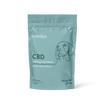
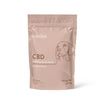




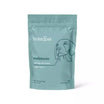










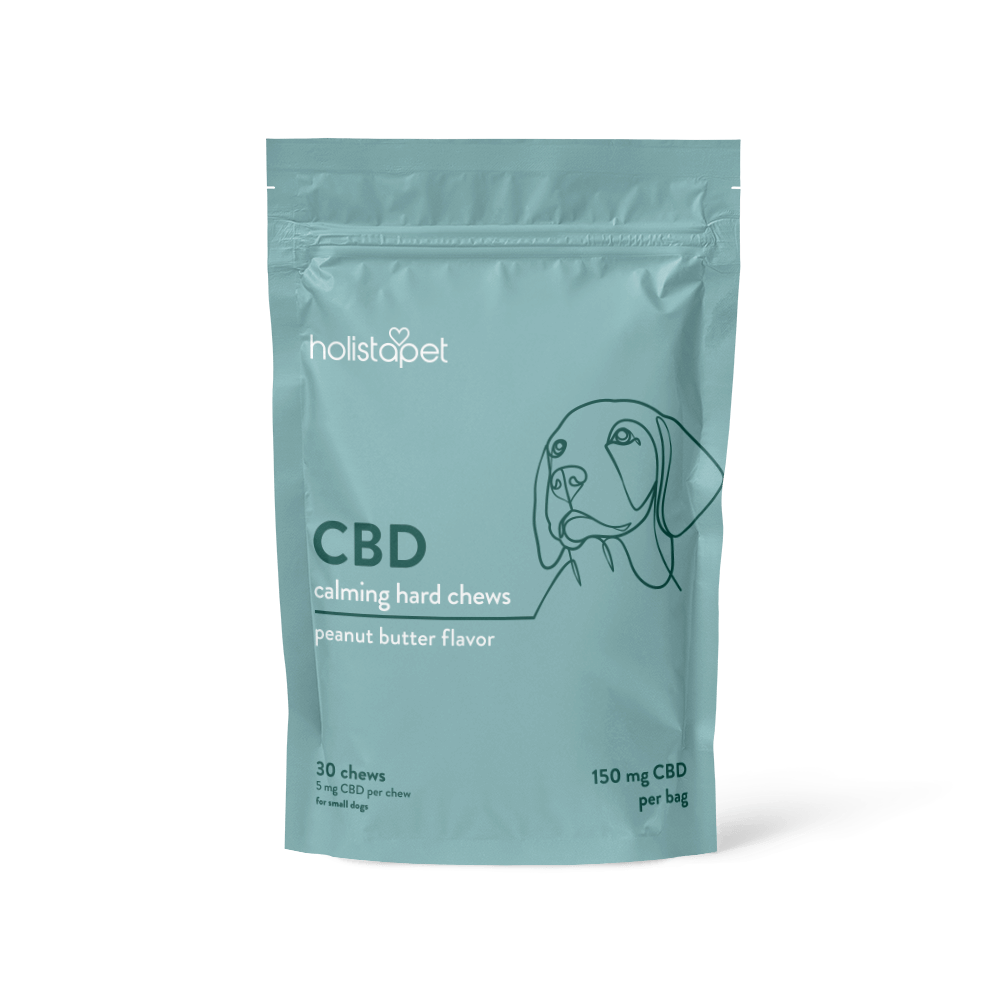
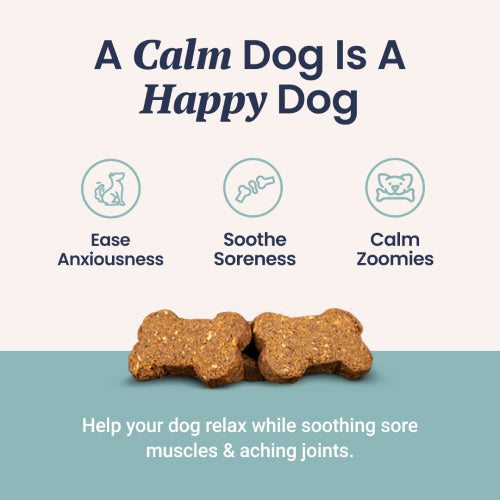




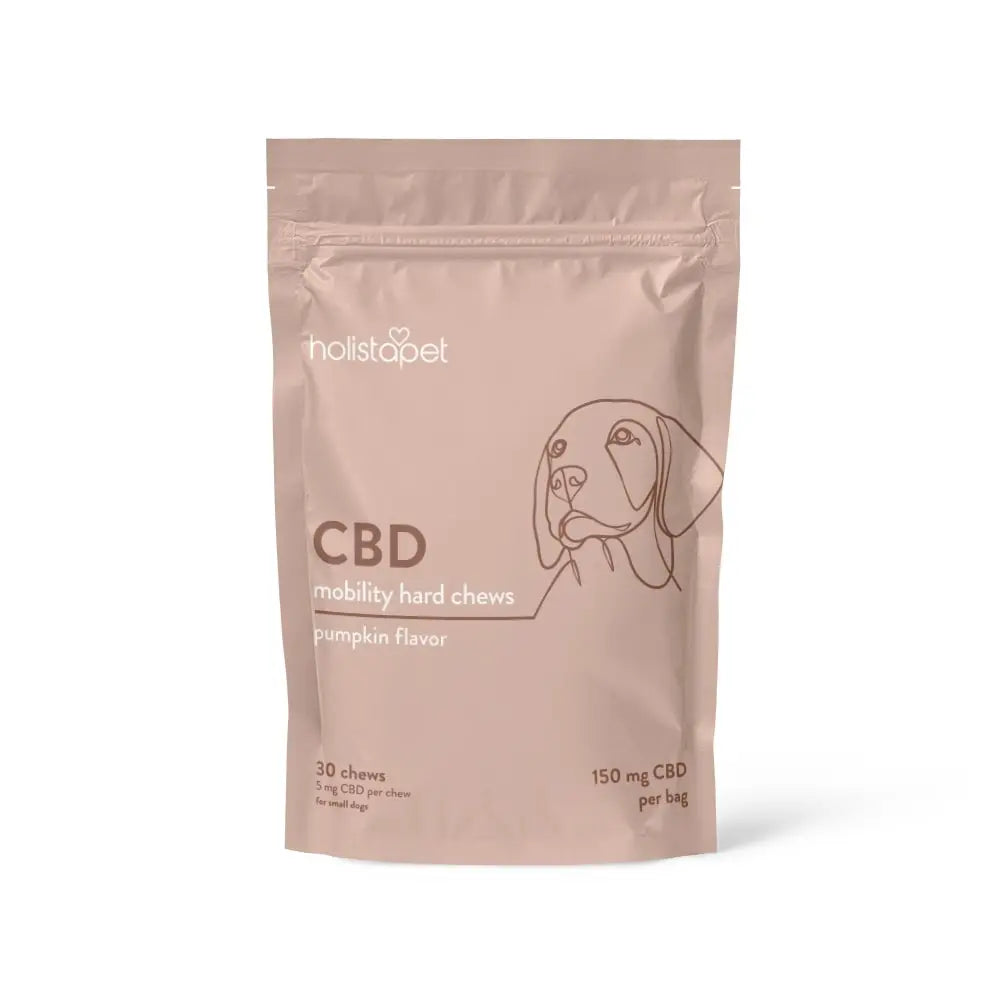

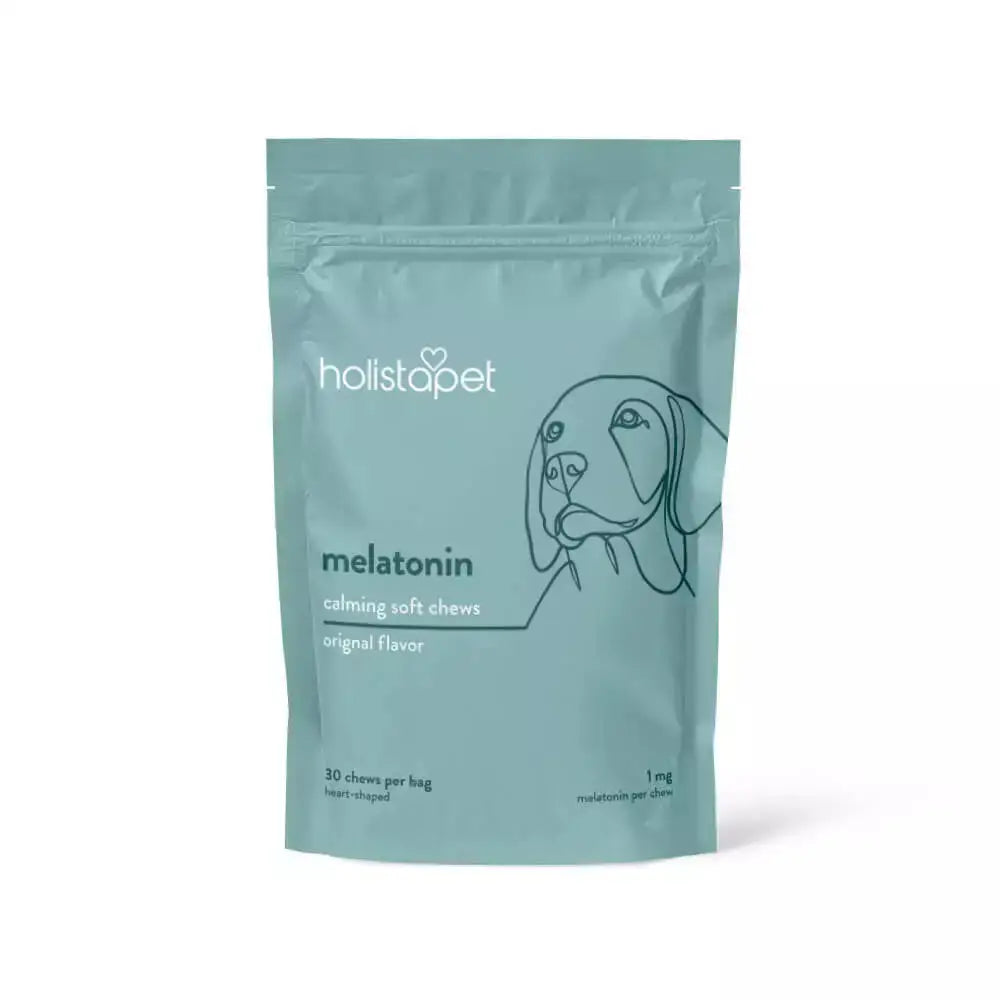

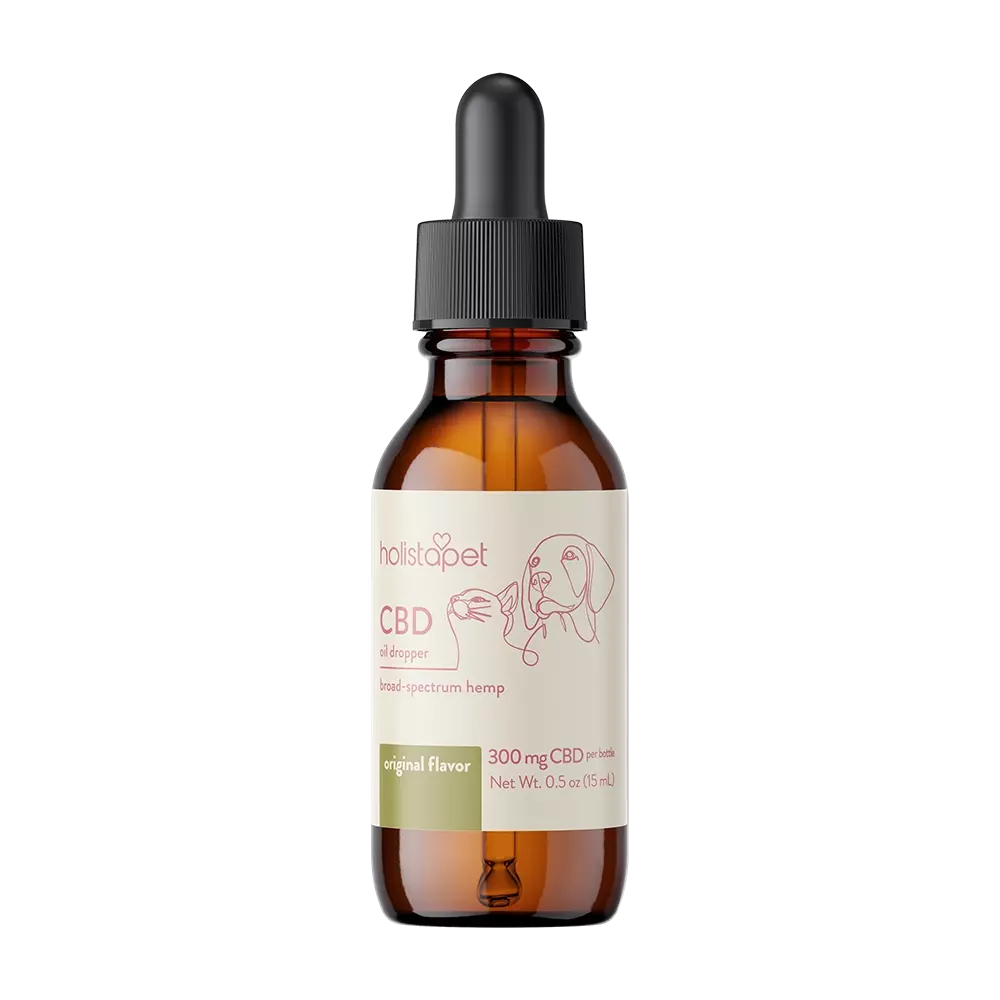

Leave a comment
This site is protected by reCAPTCHA and the Google Privacy Policy and Terms of Service apply.